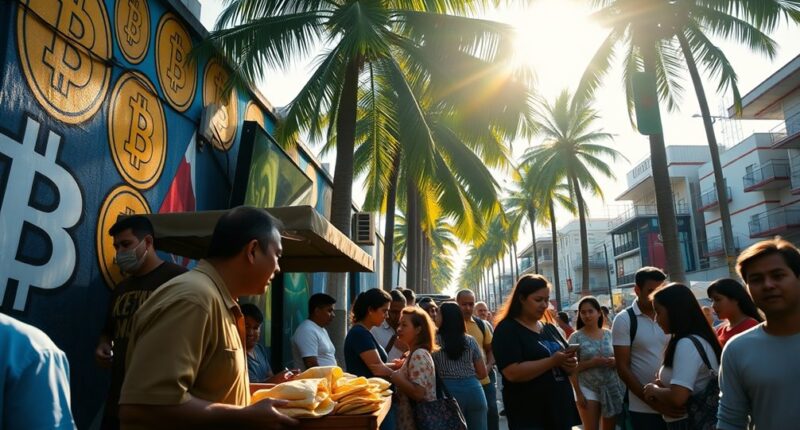You might have heard about El Salvador's recent decision to revise its Bitcoin laws to satisfy the IMF. By shifting from mandatory acceptance to voluntary use of Bitcoin, the country aims to strike a balance between innovation and fiscal responsibility. This change, backed by a significant majority in Congress, raises questions about the future of cryptocurrencies in the nation. How will this impact businesses and the economy moving forward?

Since El Salvador made headlines as the first country to adopt Bitcoin as legal tender in September 2021, its bold move has sparked both excitement and scrutiny. The government aimed to promote financial inclusion and reduce remittance costs by accepting Bitcoin alongside the U.S. dollar. To facilitate transactions, they launched a digital wallet called Chivo and installed hundreds of Bitcoin ATMs across the country. This pioneering step put El Salvador on the map as a leader in cryptocurrency adoption, but it also led to significant economic and regulatory complexities.
Fast forward to December 2024, and El Salvador secured a $1.4 billion loan from the IMF. However, this financial lifeline came with strings attached: the country had to scale back its Bitcoin policies. Acceptance of Bitcoin by private businesses became voluntary, no longer mandatory. The government also agreed to limit public sector involvement in Bitcoin-related activities. To add to this shift, taxes must now be paid in U.S. dollars rather than in Bitcoin. These conditions marked a notable pivot from their earlier stance, highlighting the balancing act the country faced between innovation and fiscal responsibility.
In response, El Salvador's Congress swiftly approved legislation to amend its Bitcoin laws, showing a commitment to compliance with the IMF agreement. The reform passed with a decisive majority—55 votes in favor and just two against. This amendment aimed to ensure Bitcoin's permanence as legal tender while making its use voluntary, a significant change in policy direction. This change aligns with the IMF mandate that reduced government involvement in Bitcoin.
Despite these adjustments, the government continues to accumulate Bitcoin, actively purchasing additional coins for its strategic reserves, which currently total 6,049 Bitcoins valued at around $633 million.
The economic implications of this shift are substantial. El Salvador's Bitcoin portfolio has seen a remarkable 127% profit based on an average purchase price of $46,000 per Bitcoin. Plans are already in motion to intensify Bitcoin purchases in 2025, as the government remains committed to reducing remittance costs and increasing financial inclusion.
While challenges persist, Bitcoin continues to stand as legal tender alongside the U.S. dollar, representing both a bold experiment and a cautious approach to financial reform. As you follow these developments, it's clear that El Salvador is navigating a complex landscape, balancing innovation with the demands of international finance.









